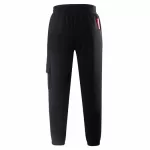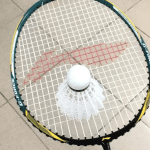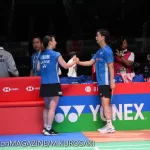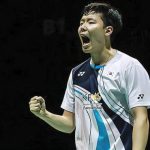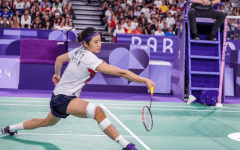
A Review of the Badminton Rackets Used by Olympic Athletes: These Models You Must Know!
After nearly 20 days of intense competition, the 2024 Summer Olympic Games, held in Paris, have come to a successful conclusion. Badminton enthusiasts must have enjoyed an exciting badminton feast during this Olympic event.
With decisive smashes and clever net play, you might be curious about the gear used by these Olympic athletes. Without further ado, let’s review the most frequently used badminton equipment by players at the Paris Olympics.
1. YONEX Astrox 100ZZ
This racket was used by the men’s singles champion Viktor Axelsen, the women’s doubles champion Chen Qingchen, and also by Chinese men’s singles players Shi Yuqi and Li Shifeng.

In real life, many badminton enthusiasts who pursue big brands and star-endorsed equipment are often fixated on the Astrox 100ZZ, even if they struggle to handle it.
The 100ZZ is the most advanced (and also the most expensive) model in the Astrox series, and true to its name, it is the most unconventional racket in the series. With a solid ultra-thin shaft design, it claims to have excellent elasticity, but not everyone can manage it. The combination of a stiffer shaft, a high balance point of 305, and a small frame design makes the 100ZZ particularly demanding for its users. The stiff solid shaft requires significant power and skill to handle defensive shots, while the small frame design makes it more challenging to hit the sweet spot, resulting in a more rigid and dull feel when the sweet spot is missed. This makes it difficult to use and requires a long adaptation period.
In summary, the 100ZZ has a high learning curve and is not necessarily recommended for beginners who are unsure. However, its impressive rear-court performance and the remarkable elasticity provided by its shaft technology are significant highlights of the 100ZZ. If you are an advanced player who loves singles and has mastered your power, the 100ZZ is worth recommending.
2.YONEX Astrox 77 PRO
At the current Olympics, the Astrox 77 PRO was used by women’s singles champion An Seyoung, mixed doubles champion Huang Yaqiong, and China’s women’s singles player Chen Yufei. The Astrox 77 PRO is frequently seen among female athletes and is indeed a racket that is very suitable for female players.
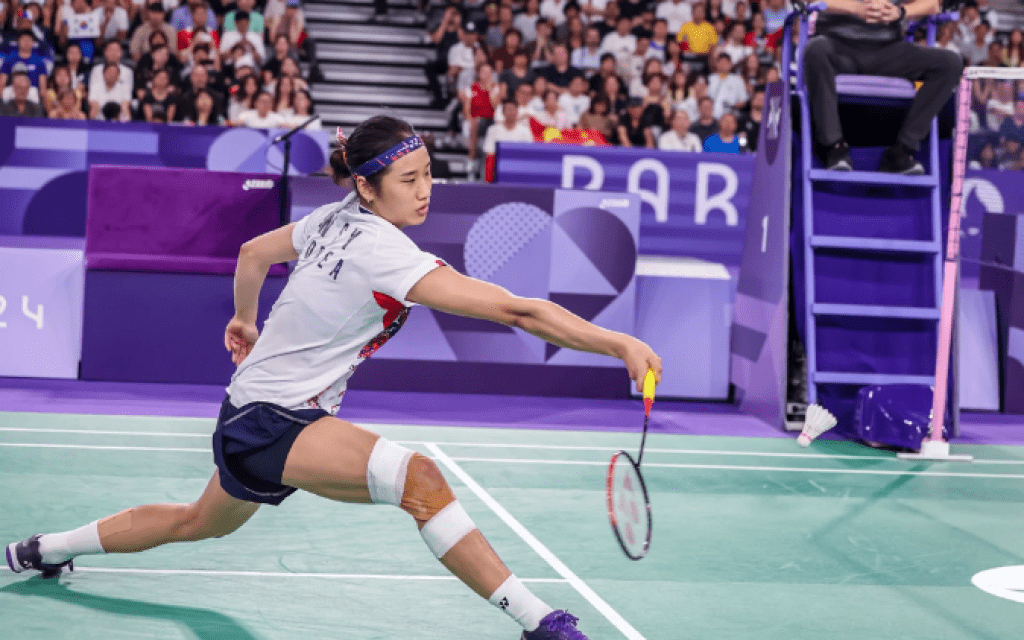
The offensive attribute is undoubtedly the most mainstream design concept of the Astrox series, but compared to other models in the family, the Astrox 77 PRO has a relatively lower overall offensive threshold and is even considered one of the more user-friendly options.
With its moderate shaft stiffness and soft hitting feedback, the Astrox 77 PRO significantly lowers the barrier to use. While it may lack a bit of power for aggressive players, it is an excellent choice for enthusiasts with basic skills or beginners who have already mastered racket positioning and power. For seasoned players, the 77 PRO can also serve as a versatile and smooth “tool for casual play.”
3.YONEX Astrox 88D/SPRO 3RD
The YONEX Astrox 88 series was first launched with great fanfare in 2018, quickly becoming one of the most popular models both in international and amateur competitions, as well as at test events and exclusive stores. At this year’s Olympics, many top international players were seen using this model. For example, the powerful Thai player Kunlavut and our women’s singles player He Bing Jiao both used the third generation of the Astrox 88 series.
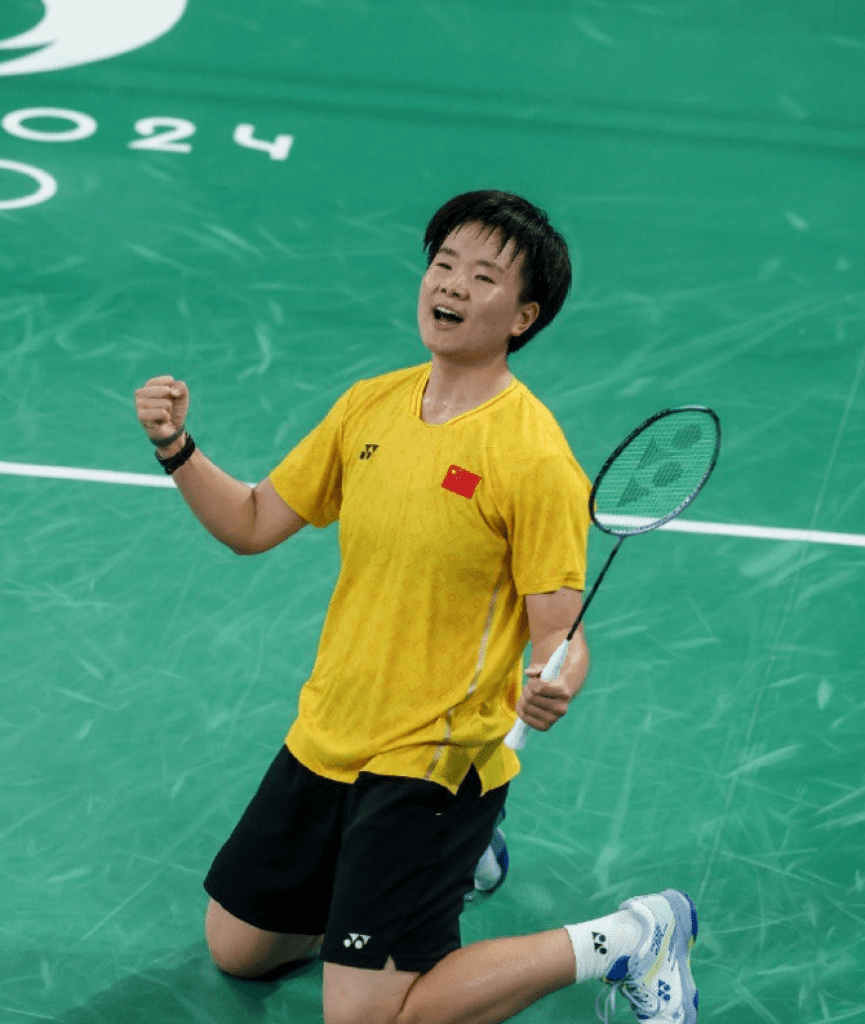
The third-generation ASTROX 88 S/D introduces new technology and enhances the highly praised rotational force generation system of the Astrox series. It features added weight at the top of the frame, known as the “Assistive Link,” designed to improve the transfer of power to the shuttlecock. This results in quicker deformation and rebound, enabling more seamless attacks.
The 88SPRO and 88DPRO are often referred to as “the front leaning towards the sky and the back slaying the dragon,” meaning the ASTROX 88 S provides decisive front-court attacks, while the ASTROX 88 D excels at breaking defenses with its back-court power.
The overall swing weight and driving difficulty of the 88SP are not very high. Compared to other models in the Astrox series, it offers better consistency. The enlarged frame design provides high tolerance in the mid and front-court, making it suitable for male players with less power who are keen on attacking, as well as most female players with a certain level of strength.
The third-generation 88DPRO, although it has a slightly reduced head-heavy feel compared to its predecessor, shows a noticeable improvement in the hardness and responsiveness of the shaft. Thanks to the new configuration on the sides of the frame and the use of advanced carbon materials, the 88DPRO offers enhanced overall stability and downward pressure, making its performance in attacks still very impressive.
However, with the improved offensive capability, the difficulty of handling the racket has also increased. The reduced frame size inevitably leads to a lower tolerance for off-center hits, making it more suitable for players with a certain level of strength and skill.
4.YONEX NANOFLARE 1000Z
Aside from the 100ZZ, the YONEX NANOFLARE 1000Z also saw significant usage during the Olympics. Notable players such as Malaysia’s mixed doubles star, Chan Peng Soon, and Spain’s former women’s singles champion, Carolina Marin, have both used this racket. YONEX’s rackets with the letter “Z” in their name are known for their high performance, and the 1000Z is YONEX’s flagship speed racket.
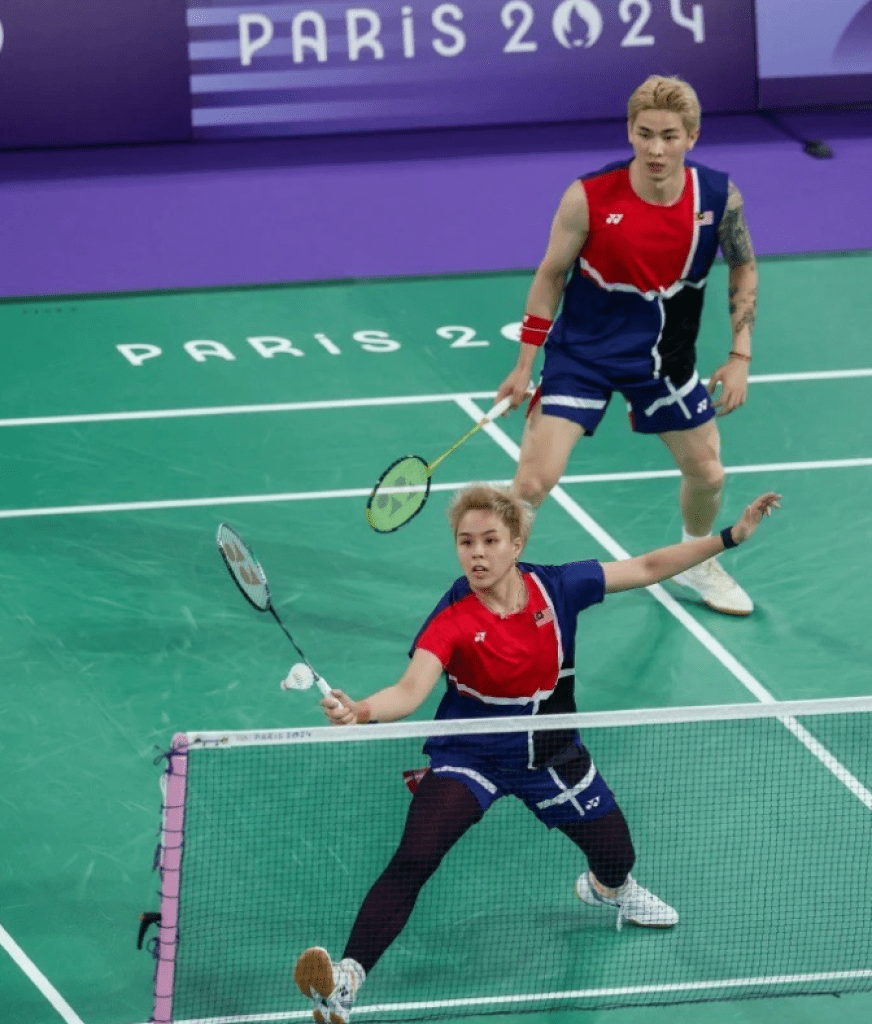
As the top-tier racket in the NF series, the NF1000Z uses advanced materials to enhance its performance. The 1000Z incorporates “Torayca M40X” carbon fiber in the lower part of the frame, significantly improving stability and control. The addition of EX-HMG high-elasticity carbon fiber and dense nano-carbon DR further enhances the racket’s solid hitting feel while delivering faster shuttlecock speeds.
As YONEX’s flagship speed racket promoted extensively in 2023, the 1000Z undoubtedly represents the top of the JETSPEED family. Although its ability to deliver decisive shots remains a common challenge for speed-oriented rackets, its stiffer frame and impressive downward pressure make it more threatening in terms of shot placement. It is particularly well-suited for doubles players with a solid foundation in power, accurate shot placement, and a focus on dynamic, fast-paced play in the mid-court and front court.
5.YONEX NANOFLARE 800PRO
Building on the already well-regarded NF800, the PRO version of this racket delivers a high-scoring answer to speed racket demands. At the Paris Olympics, popular men’s doubles players Wang Chang/Liang Weikeng and renowned Japanese player Chiharu Shida were seen using the NF800PRO.
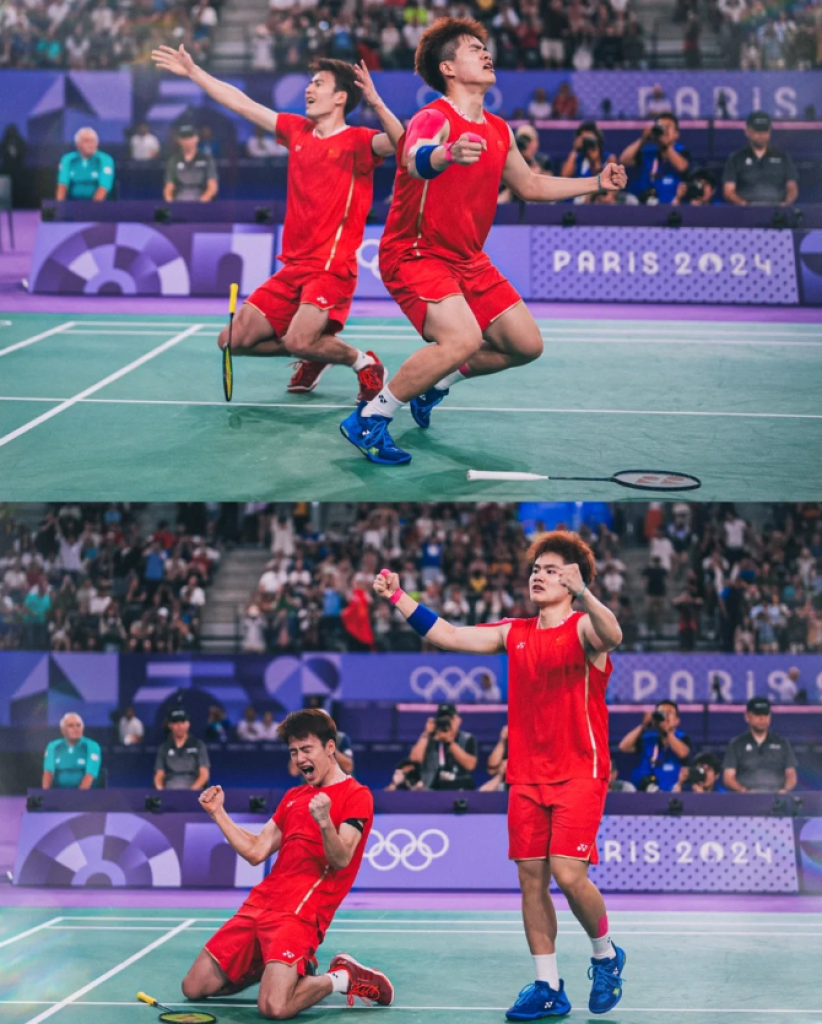
The inherently lightweight head of the JETSPEED 800PRO, combined with excellent shaft torsion resistance, makes it outstanding in flat drives and blocking. Its strong continuous pressure and fast, cohesive speed allow the 800PRO to perform well even in high-level competition. However, as with many speed rackets, it struggles to deliver a decisive attacking blow. The 800PRO is better suited for players who favor a quick and fluid style of play. The 3U model is recommended for male players with some experience and strength, while the 4U model is more suitable for female players with less power.

